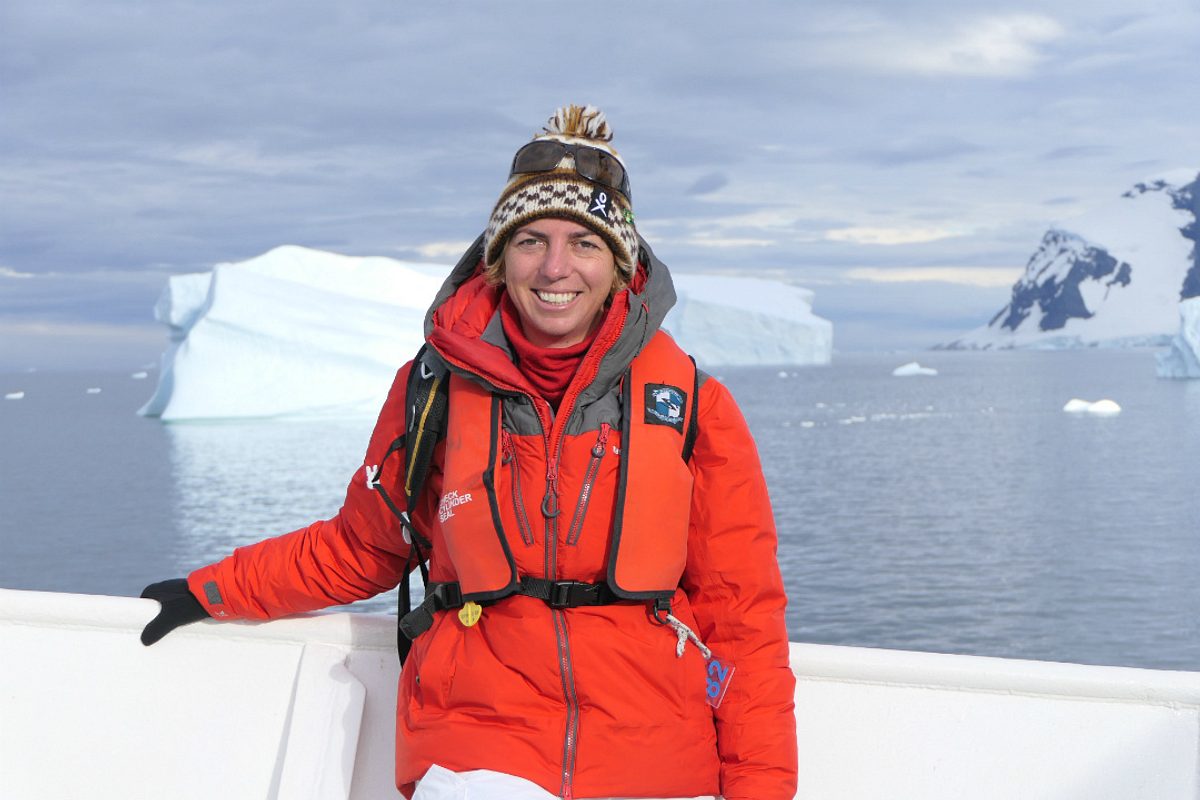Melissa White – Freshwater Ecologist, Water Policy Officer

1. Science qualifications
Bachelor of Science (Environmental Science), Honours in Aquatic Ecology
2. Path to current role?
Doing honours on freshwater turtles in the desert put me on a pretty strong career path to work in freshwater ecology – having a good diverse network of people has been critical as it has meant that I have had incredible jobs in incredible places from Western Queensland to Arnhem Land, and of course SA! I have recently jumped ship into water policy, and am loving the challenges it brings while utilising my practical scientific knowledge.
3. What encouraged you to go into a career in science?
My biggest encouragement was Mother Nature – I grew up as an outdoors kid who was constantly fascinated by the bush around me
4. What does “a day in the life” consist of for you?
My role as a water policy officer in SAMDB NRM Region sees me out in the region forming relationships and working closely with Aboriginal Nations along Murrundi (River Murray) supporting First Nations capacity on water planning and management. I work closely with DEW’s Aboriginal Engagement Unit and Water Policy Group to coordinate meaningful engagement through meetings and workshops to give effect to Aboriginal water interests via our legislative requirements of the Basin Plan and Water Allocation Plans.
5. How do you use science at work and how does it contribute to the state?
I use my science everyday - I come to work as a public servant to collaborate and partner with people, so as a collective we take on the responsibility of being environmental stewards for future generations. My science brings landscape function understanding to the work I do, it brings clarity and knowledge to the water policy that I write, and provides evidence base understanding when communicating with the community.
6. Why do you love being a women in science?
Being part of a collaborative network of people working together for a sustainable future.
7. Tell me about a memorable moment in science, or a special milestone or achievement of yours
Going to Antarctica with 80 female scientists in 2018 as part of the Homeward Bound Project
8. Why do you think women in science are important?
We bring an added dimension, we think about things from a different perspective.
9. Anything else you’d like to add
When I went to Antarctica recently for Homeward Bound, I initially thought I was going on a dream trip, but instead it instilled an added dimension to my career path as a female scientist. Some of the questions this trip raised for me were:
“What if men and women led our world in equal measure – would our world and the decisions we make on behalf of future generations be different?”
“Would we be more collaborative, inclusive, more legacy minded and more trustworthy with assets, people and money?”
Supporting women in science to significantly improve their clarity, confidence, shared vision and strategic capability will enhance their opportunity to take up leadership roles globally and to proactively contribute to a sustainable world both individually and collectively.


